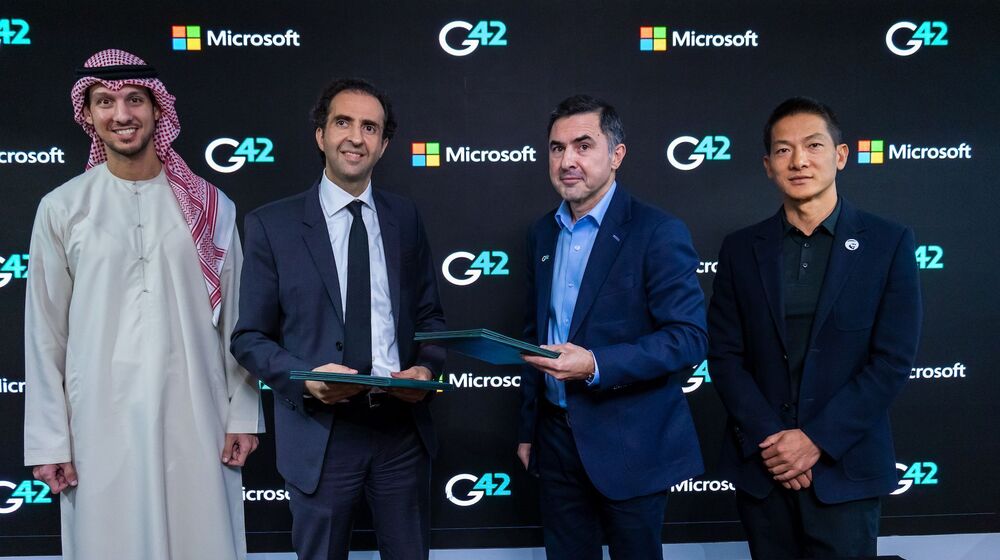Late Monday, Microsoft revealed its strategic decision to invest $1.5 billion in G42, a key player in the United Arab Emirates’ push to become a global artificial intelligence leader. Based in Abu Dhabi, G42 will grant Microsoft’s vice chair and president, Brad Smith, a position on its board of directors as part of the agreement for a minority stake.
This investment extends beyond a simple commercial alliance between two giants in the AI industry. It also underscores the strategic alignments of the United States and the UAE in the context of increasing geopolitical challenges.
The announcement of the investment coincides with growing concerns among U.S. lawmakers regarding G42’s connections with China. In January, the bipartisan House Select Committee on the Chinese Communist Party addressed a letter to Commerce Secretary Gina Raimondo, advocating for G42 to be added to the Entity List. This action would prevent the UAE-based firm from obtaining sensitive U.S. technology.
Positioning G42 on the Entity List would subject it to the same stringent security measures that have affected Huawei since 2019 when it was similarly restricted from accessing vital U.S. technologies like advanced microchips and specific Android services. Despite the sanctions, Huawei has still managed to be a threat to the US with recently announced rival AI chips that rival Nvidia.
The new funding from Microsoft could be seen as a strategic indication of G42’s alignment in the global power dynamics, suggesting a closer relationship with the United States rather than China.
According to a report by the New York Times late last year, G42, under the control of Sheikh Tahnoon bin Zayed, collaborates with significant Chinese firms like Huawei, which are viewed by the U.S. as security risks.
G42 has stated that it collaborates with numerous global technology companies and has recently initiated contact with American firms, including Cerebras and Nvidia, in an effort to shift away from relying on Chinese technology hardware.
G42 is currently engaged in developing the Condor Galaxy, set to be among the fastest AI supercomputers globally, utilizing AI chips supplied by Cerebras. The Arabic language model known as Jais was developed using the resources of Condor Galaxy 1.






